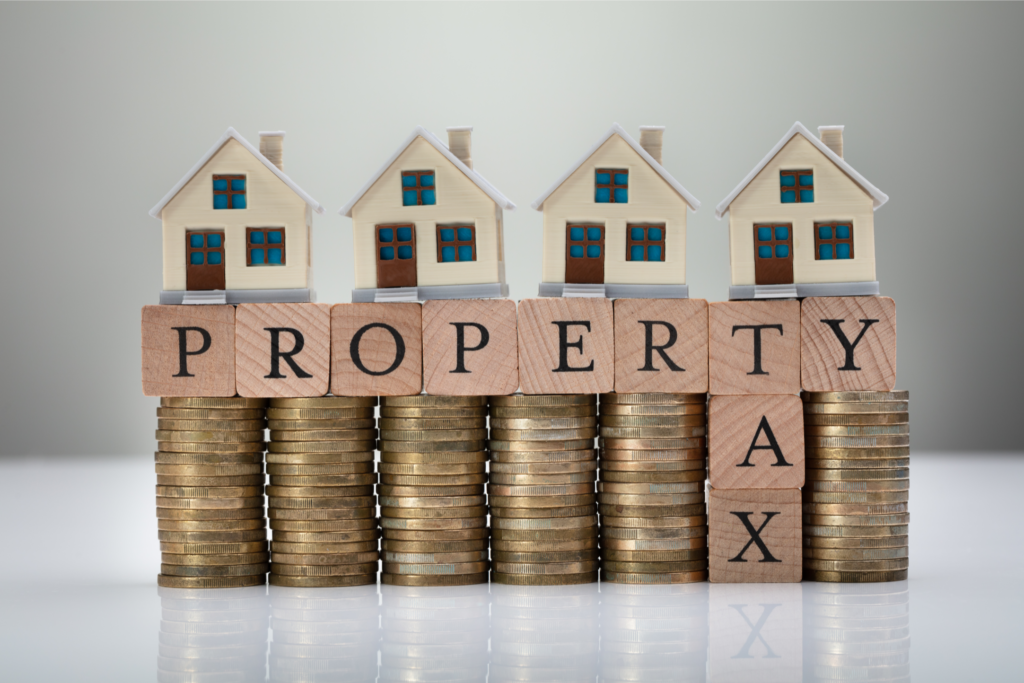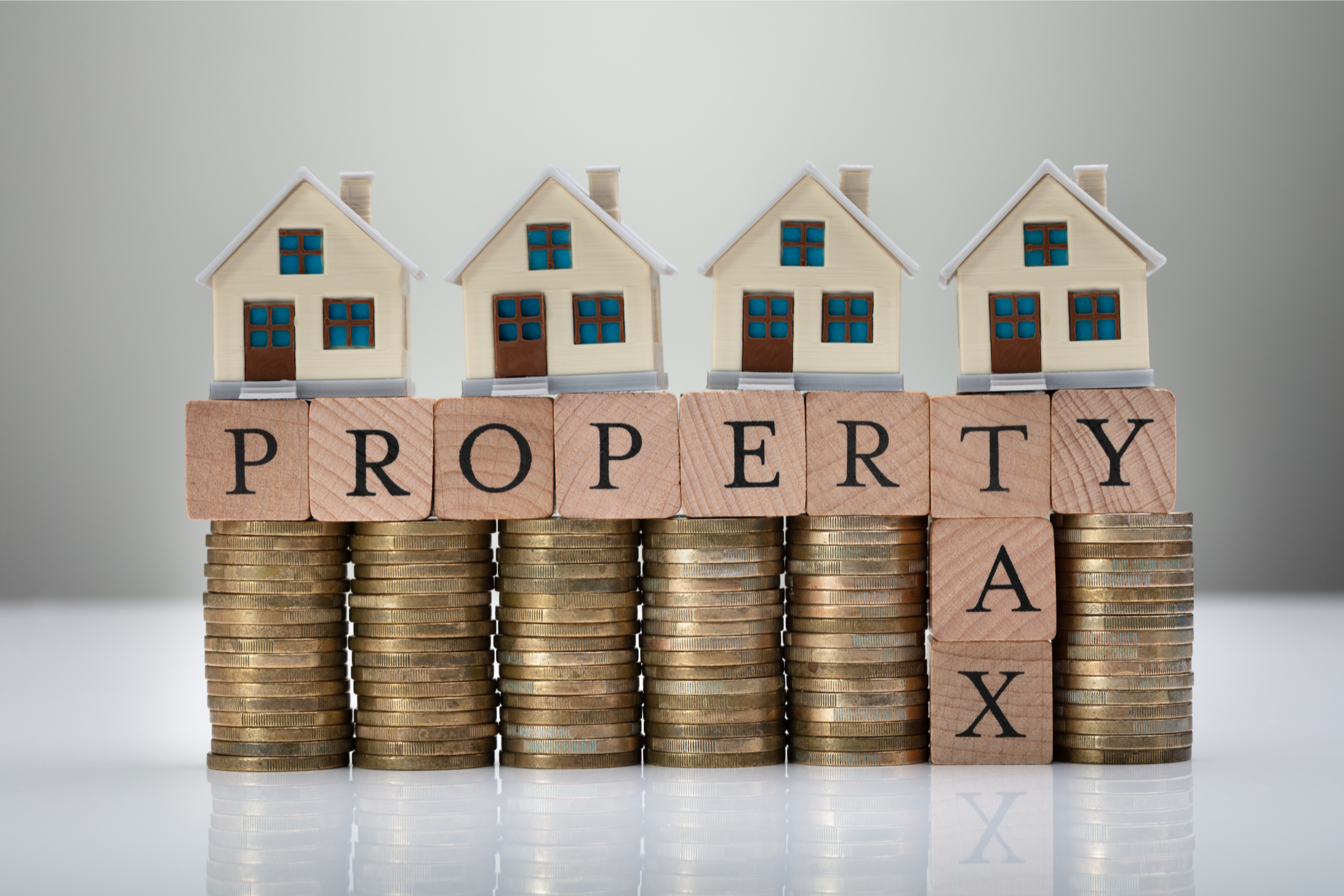Understanding the Implications of Unpaid Property Taxes in Ohio
Navigating the complexities of property taxes in Ohio requires not just a legal understanding but a practical one, especially when payments are missed. As a real estate expert who has worked firsthand with homeowners facing these challenges, I’ve seen the consequences of unpaid property taxes unfold in real time. This article draws on my experiences to provide a comprehensive guide on what happens if you don’t pay property tax in Ohio, offering not just a walkthrough of the potential legal and financial repercussions but also practical advice on how to navigate these turbulent waters.

The Foundation of Property Taxes in Ohio
In Ohio, property taxes are a cornerstone of local government funding, supporting crucial services such as schools, roads, and emergency services. Calculated based on the assessed value of your property, these taxes are essential for the welfare of the community. Timely payment is not just a legal obligation but a civic duty that supports local infrastructure and services. However, I understand that circumstances can sometimes lead to delayed or even missed payments.
The Road to Repercussions
Interest and Penalties: The first hurdle you’ll encounter if your property tax payment is delayed is the accrual of interest and penalties. Ohio law is strict in this regard, and the financial burden can grow significantly over time. In my practice, I’ve seen homeowners caught off-guard by how quickly these fees add up, transforming manageable bills into overwhelming debts.
Tax Liens: An unpaid property tax bill in Ohio will lead to the county placing a tax lien on your property. This legal claim signifies that the government has a right to your property due to unpaid taxes. Tax liens are more than just a mark against your property; they’re a public declaration of debt that can hinder your ability to sell or refinance your home.
Tax Sales: One of the more drastic consequences of unpaid taxes is the potential for a tax sale. Here, the county auctions off the tax lien to the highest bidder to recover the unpaid amount. Buyers of these liens have the opportunity to pay off the outstanding taxes and can earn interest or eventually claim ownership of the property if the taxes remain unpaid. It’s a scenario I advise homeowners to avoid at all costs.
Foreclosure: In extreme cases, failure to satisfy tax liens can lead to foreclosure. Losing a property to foreclosure is a devastating outcome, and it’s something I’ve helped homeowners fight to prevent. The process not only removes you from ownership but also significantly impacts your credit score and future financial opportunities.
Impact on Credit Score: While property taxes themselves do not directly impact your credit score, the fallout from not paying them does. Liens and foreclosures are serious marks against your financial reputation, making future loans and credit applications more challenging.
Navigating Through the Storm

Stay Informed: Knowledge is your first line of defense against the consequences of unpaid property taxes. Understanding your tax obligations and the timelines involved is crucial. Counties in Ohio typically send out tax bills well in advance, providing ample time to prepare for payment. However, it’s your responsibility to stay ahead of these deadlines.
Seek Out Assistance: If you find yourself unable to pay your property taxes in full, it’s essential to act quickly. Many counties offer payment plans or other arrangements to help homeowners manage their taxes. During my years of practice, I’ve assisted numerous clients in negotiating these plans, significantly reducing the stress and financial burden of tax payments.
Dispute Assessments: An unfairly high property assessment can lead to inflated tax bills. Ohio residents have the right to challenge these assessments, and I’ve guided many through this process. Successfully disputing an assessment requires preparation and evidence, but it can lead to significantly reduced property taxes.
Leverage Assistance Programs: Ohio offers several assistance programs aimed at helping specific groups, such as seniors, veterans, and low-income families, manage their property taxes. These programs are invaluable resources that can provide much-needed relief. Understanding and accessing these programs can be a game-changer for those struggling with their property tax obligations.
Conclusion: Securing Your Financial Future
The consequences of not paying property tax in Ohio are severe, ranging from financial penalties to the loss of your home. However, with informed action and proactive management, it’s possible to navigate these challenges successfully. My experience working with homeowners has shown that understanding your obligations, seeking assistance early, and actively managing your property taxes can prevent most negative outcomes. Always prioritize your property tax obligations to maintain your financial stability and keep your home secure.
If you simply don’t have the resources to pay your delinquent taxes EZ Sell Homebuyers, is Google’s Top ranking Home Cash Buying team in Ohio with the highest number of Google reviews. We buy houses in all Ohio cities, (Dayton, Columbus, Cincinnati, Cleveland, Toledo, and Akron). Whether you are trying to avoid foreclosure, inherited a property you do not want, dealing with a divorce, or are fed up being a landlord dealing with tenants, we can help. If you need to sell your house in Ohio fast, we offer cash for homes in Ohio!
FAQ for “What Happens If You Don’t Pay Property Tax in Ohio?”
1. What are the consequences of not paying property tax in Ohio? Not paying property tax in Ohio can lead to several significant consequences, including the accrual of interest and penalties, the placement of a tax lien on your property, the possibility of a tax sale where your property tax debt is auctioned off, and ultimately, foreclosure on your home. Additionally, it can negatively impact your credit score.
2. How can interest and penalties affect me if I don’t pay my property taxes on time in Ohio? Interest and penalties can significantly increase the total amount you owe. Ohio law mandates the addition of these fees to unpaid property taxes, making the debt grow over time. This can transform manageable bills into overwhelming debts.
3. What is a tax lien, and how does it affect my property in Ohio? A tax lien is a legal claim against your property for unpaid property taxes. It indicates that the government has a legal right to your property due to unpaid taxes. This lien can hinder your ability to sell or refinance your home and remains a public record of debt.
4. Can I lose my home if I don’t pay property taxes in Ohio? Yes, if property taxes remain unpaid, it can lead to foreclosure. This process involves a legal proceeding where the lienholder seeks to obtain the title to the property, effectively removing the original owner from ownership.
5. How does not paying property taxes affect my credit score? While property taxes themselves do not directly affect your credit score, the consequences of not paying them, such as liens and foreclosure, can have a negative impact. These events are serious marks against your financial reputation, making future loans and credit applications more challenging.
6. Are there any programs or assistance available for those struggling to pay property taxes in Ohio? Yes, many counties offer payment plans or arrangements to help homeowners manage their taxes. Additionally, Ohio provides assistance programs for specific groups, such as seniors, veterans, and low-income families, which can help alleviate the tax burden.
7. What should I do if I think my property has been unfairly assessed in Ohio? Ohio residents have the right to dispute their property assessments if they believe they have been unfairly assessed, leading to higher taxes. Each county has a process for contesting property valuations, which can potentially reduce your tax liability if successful.
8. How can I avoid the severe consequences of not paying property tax in Ohio? To avoid severe consequences, stay informed about your tax obligations, explore payment plans and assistance programs if you’re unable to pay in full, and dispute unfair assessments when necessary. Proactive management and understanding of your tax obligations are key to avoiding these negative outcomes.
9. What steps can I take if I’m unable to pay my property taxes in full? If you’re unable to pay your property taxes in full, contact your county’s treasurer’s office as soon as possible to inquire about payment plans or assistance programs. Acting quickly can help you avoid more severe penalties and consequences.
10. How can I learn more about property tax laws and assistance programs in Ohio? For more detailed information about property tax laws and assistance programs in Ohio, visit your local county treasurer’s office or their official website. They can provide specific guidance and information relevant to your situation and location.

